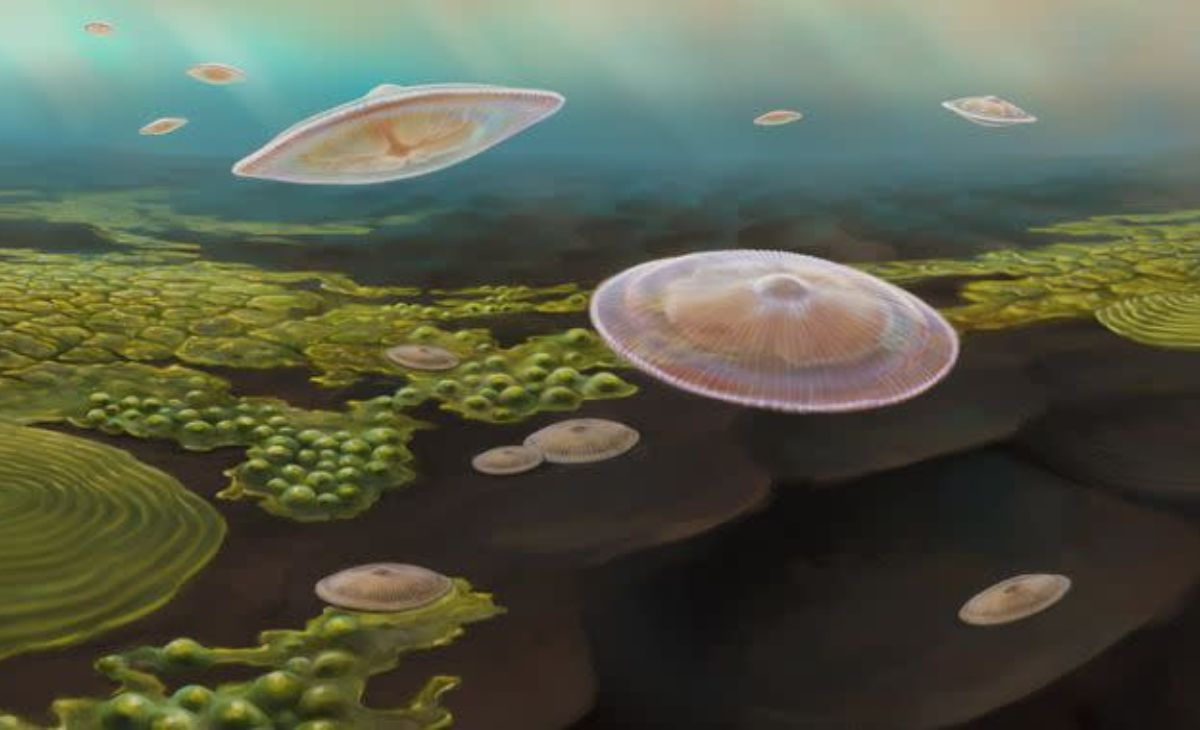A team of scientists, led by Professor Ernest Chi Fru from Cardiff University, discovered evidence suggesting that complex life on Earth might have originated 1.5 billion years earlier than previously believed. The groundbreaking finding was made in Gabon, where researchers found signs of life-supporting nutrients in rocks dating back 2.1 billion years. These early organisms, resembling slime mould, are believed to have thrived in an inland sea before going extinct. The discovery challenges the conventional belief that animal life began around 635 million years ago and adds to the debate about mysterious formations in Gabon. Despite skepticism from some scientists, the study highlights the potential role of nutrient-rich environments and photosynthesis in fostering early complex life.
5 Major Key Points:
- Groundbreaking Discovery: Scientists found evidence in Gabon suggesting complex life existed 2.1 billion years ago, 1.5 billion years earlier than previously believed.
- Environmental Conditions: Rocks in Gabon showed signs of oxygen and phosphorus, indicating conditions conducive to animal life.
- Early Life Forms: These organisms likely resembled slime mould and were confined to an inland sea before becoming extinct.
- Challenging Beliefs: The discovery challenges the widely accepted belief that animal life began around 635 million years ago.
- Nutrient-Rich Environment: High levels of nutrients from underwater volcanic activity may have created a “laboratory” for early life, fostering photosynthesis and complexity.




